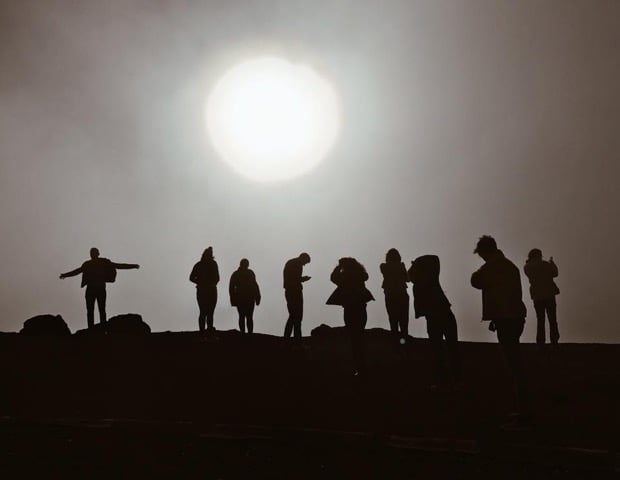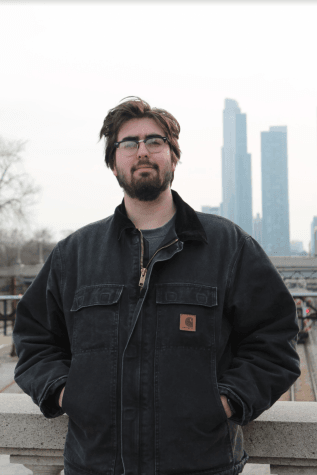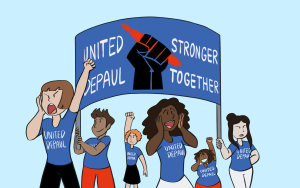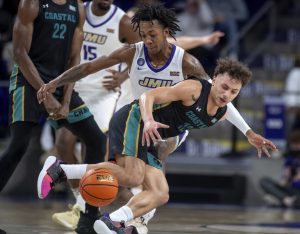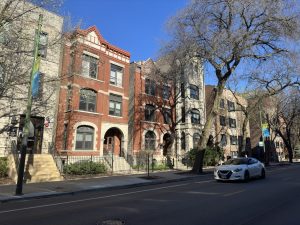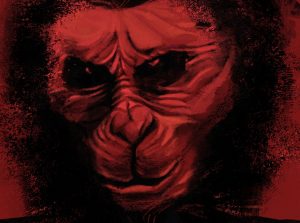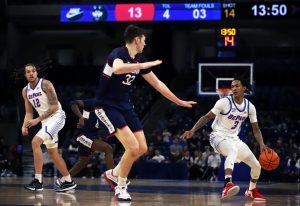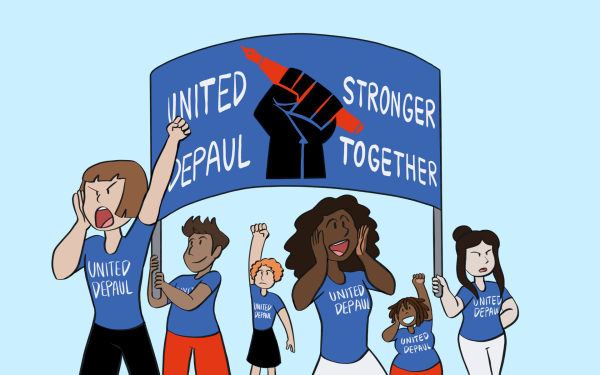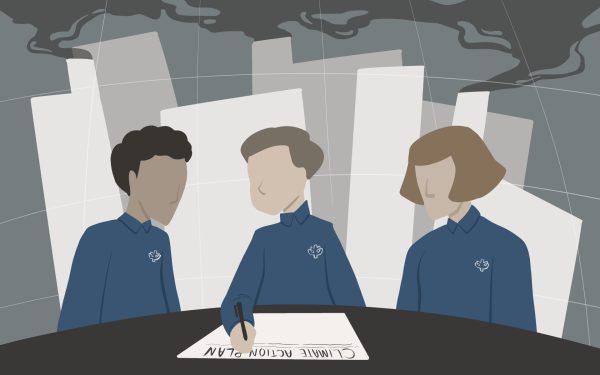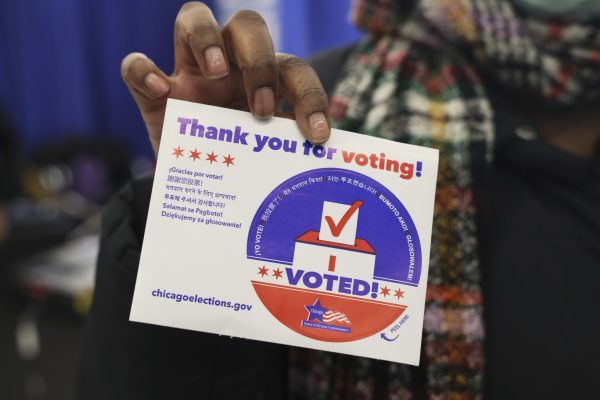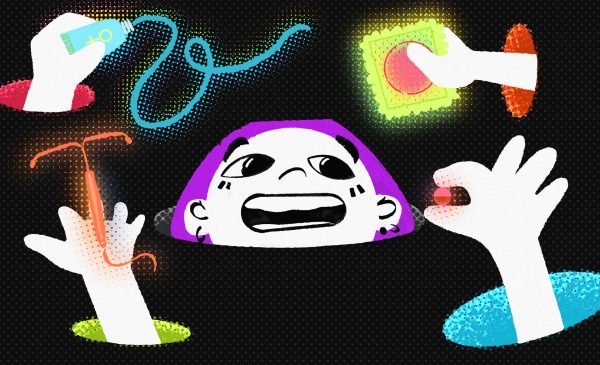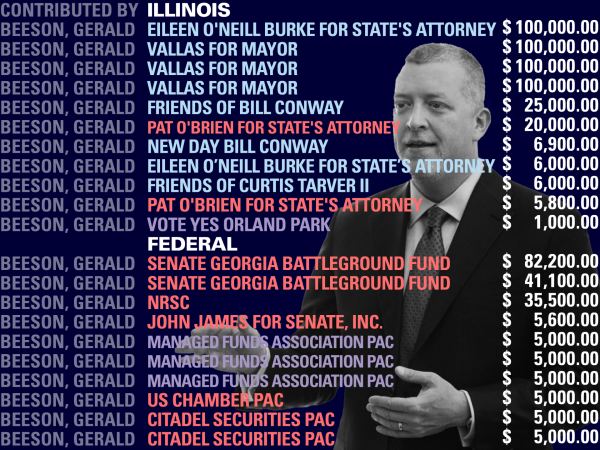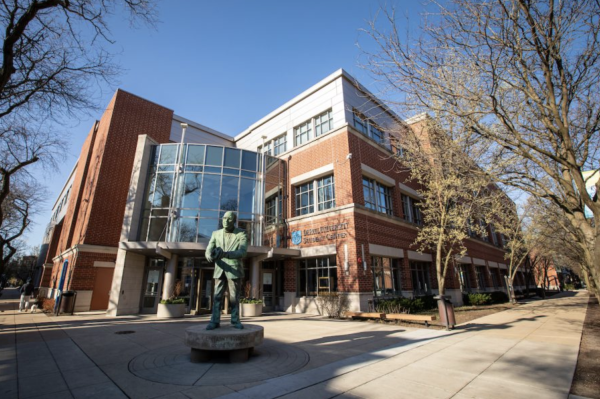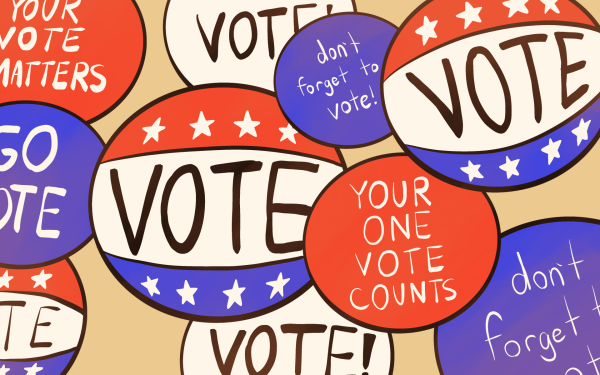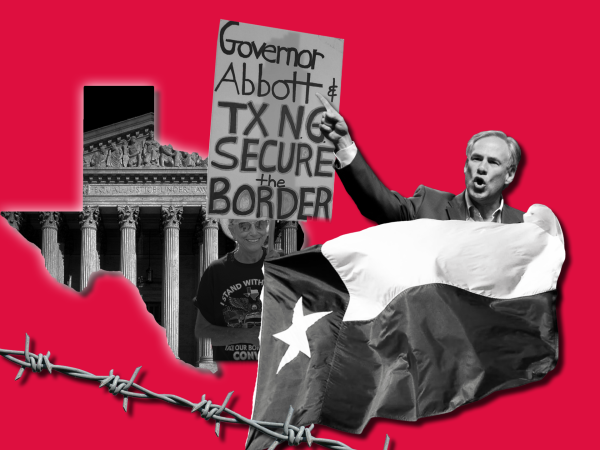With tensions high, student leaders travel to Israel
The group posed for a picture atop Mount Bental in the Golan Heights near Israel’s northeastern border with Syria. (Photo courtesy of Olivia Adams)
January 8, 2018
Amid tense geopolitical strife, student leaders traveled to Israel to learn about the Israel-Palestine conflict and Middle Eastern culture in a trip sponsored by the Jewish United Fund.
They covered ground all over Israel from Tel Aviv to the country’s northeastern border with war-torn Syria, where the group reported hearing explosions.
One experience that was universally appreciated was speaking with university students from both sides of the conflict. President of Honor Student Government Nick Gricus was struck by the difference in the public and private sentiments of the Middle Eastern students.
“Our group was discussing the potential for everyone to coexist if we put politicians in place who would be able to foster that,” Gricus said. “In conversation, an Israeli girl was openly in support of a two-state solution, but privately, she was 100 percent pro-Israel and didn’t believe a two-state solution would work. It was the same thing for the Palestinian students.”
The group also visited Jerusalem less than a week after President Trump’s controversial decision to move officially recognize the holy city as the capital of Israel. Diplomats and leaders from all over the world condemned the decision, saying it would spark violence in the region, but the group of DePaul students never felt unsafe with an armed security guard by their side at all times.
Days after the announcement, the group stood atop a mountain overlooking Jerusalem, which is split between an Israeli and Palestinian side. They reported seeing people on the Palestinian side shooting fireworks at soldiers and police on the Israeli side.
Schedules jam-packed with speakers dominated the daily schedule. They engaged with anyone from former members of the Israeli parliament, to Arab journalists. Sophomore Alyson Dressman said the experiences with speakers challenged her pre-conceived notions about the conflict.
“As an American, I can’t come back and act like I know what to do about this,” Dressman said. “It’s so easy to hear things in the (American) media that portray things in an innaccurate light.”
Sophomore Grace Hoegler said she came away from the trip with a whole new appreciation for the nuances of the conflict.
“I always thought of the conflict as being so complicated that I couldn’t even begin to tackle it,” Hoegler said. “Being able to engage people from both sides of the conflict taught me more than any book could.”
“I went into the trip thinking a two-state solution was totally sensible,” Gricus said. “But now because of talking to both sides, it has given me a lot of hope, but also crushed all the hope I had. It was a confusing trip, and I think we all left much more confused than when we went in.”


